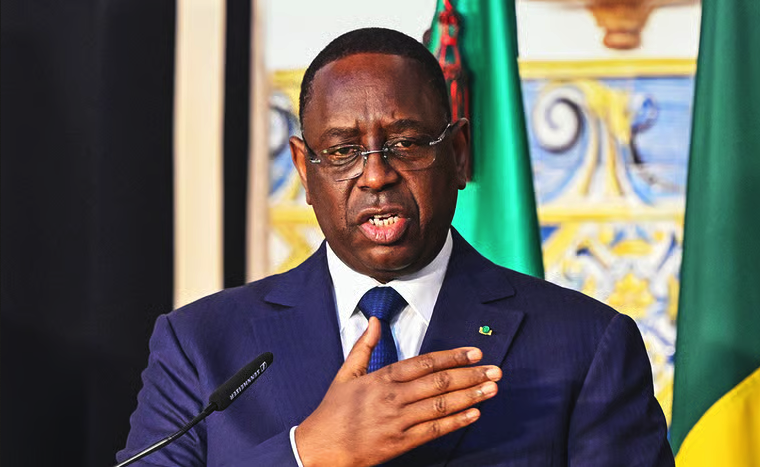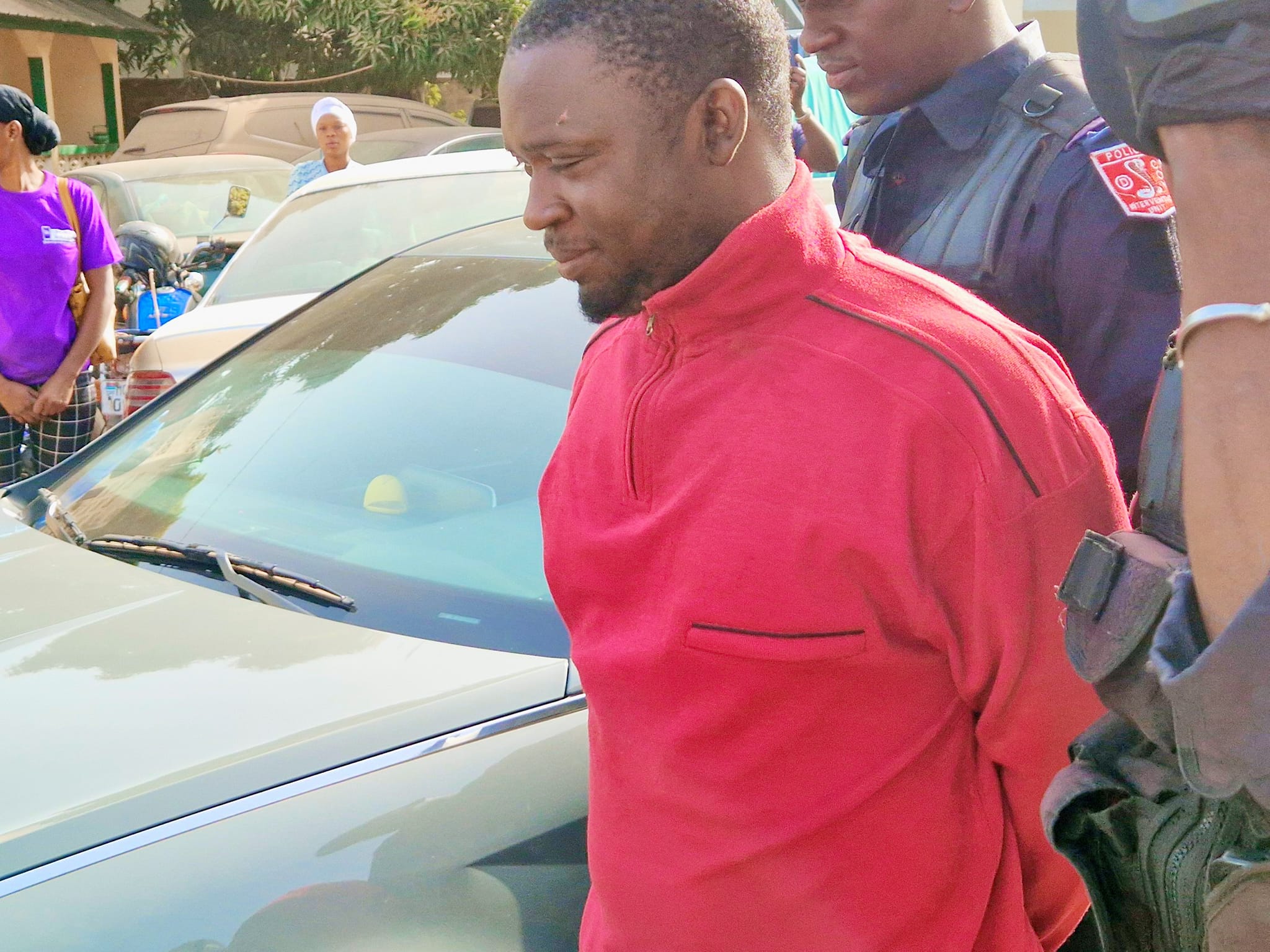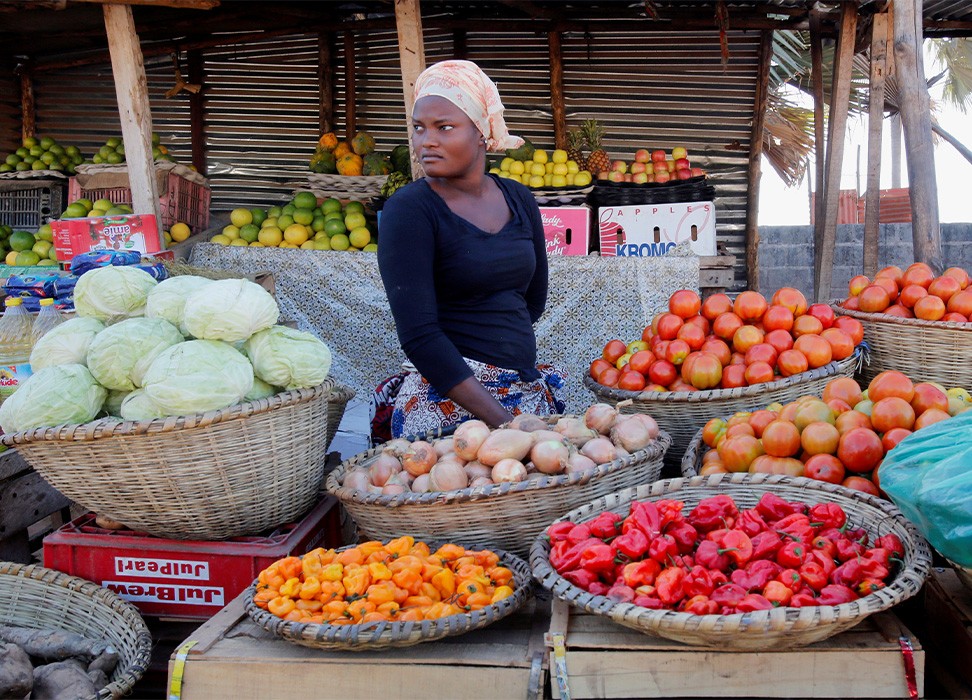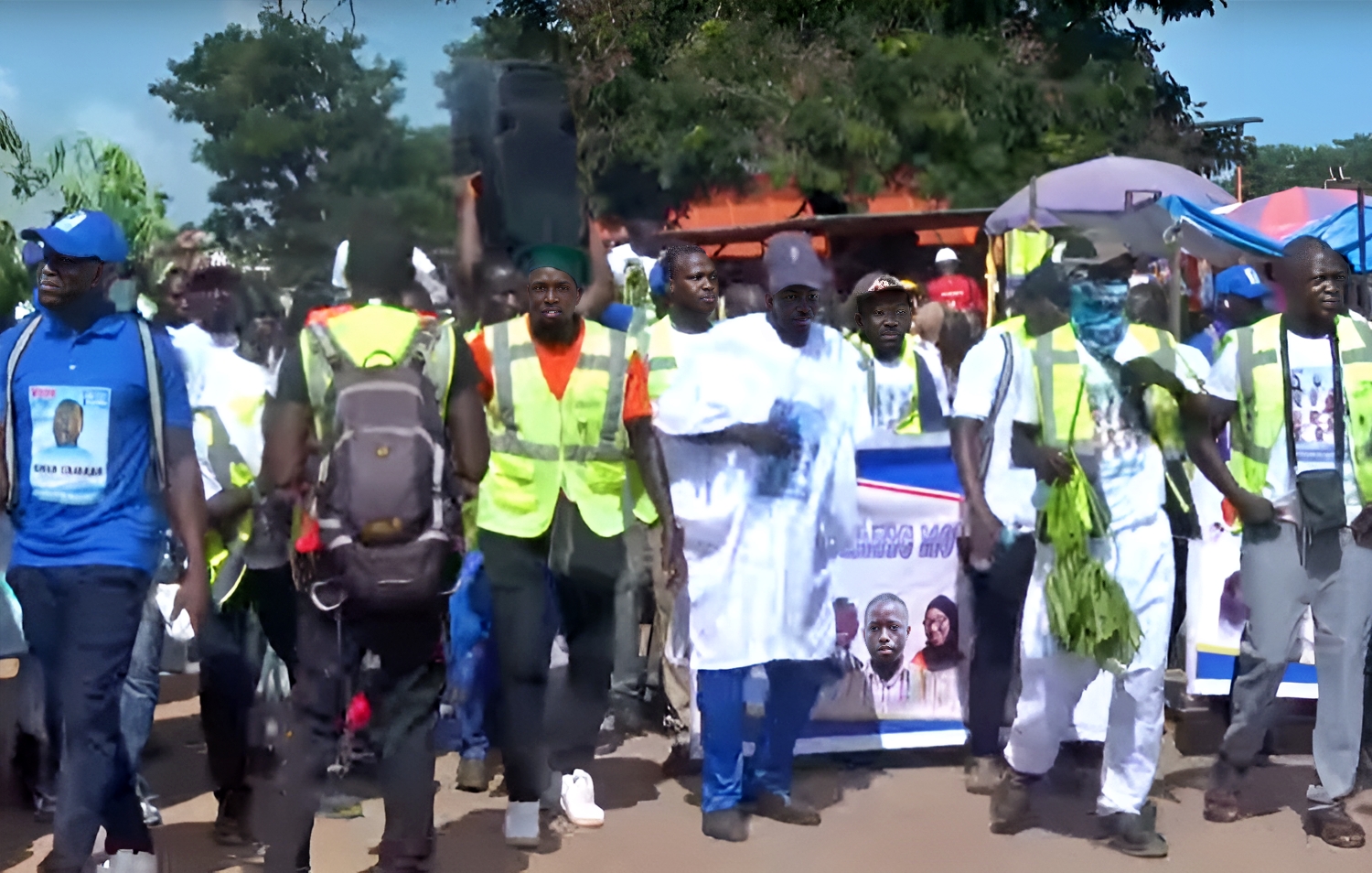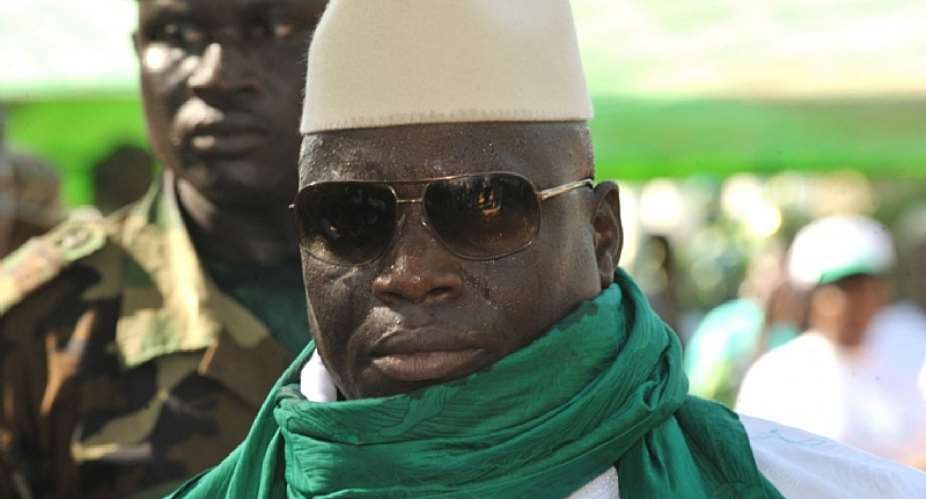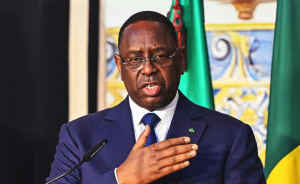Gambiaj.com – (ACCRA, Ghana) – Families of the 44 Ghanaians massacred in The Gambia in 2005 are intensifying their call for justice and compensation after the ECOWAS Court of Justice ordered the Ghanaian government to release critical information related to the killings. The court’s ruling, which mandates that Ghana disclose these details within four months, is seen as a step toward truth but falls short of providing the financial reparations the families have long sought.
Isaac Mensah, whose father was among the victims, alongside the African Network Against Extrajudicial Killings and Enforced Disappearances (ANEKED), brought the case forward. Their objective was to gain access to key reports, including a 2009 joint UN/ECOWAS investigation and a coroner’s report on the bodies repatriated to Ghana. Additionally, they requested $1.5 million in compensation, a plea the court did not entertain due to jurisdictional limits.
Despite the court’s order, the families express mixed emotions—relief that some information may finally be disclosed but disappointment over the ongoing absence of justice and compensation. William Nyarko, who represents the families through the Jammeh2Justice (J2J) Ghana coalition, criticized the Ghanaian government for withholding critical documents for years.
The massacre occurred on July 22, 2005, when Gambian security forces, under former dictator Yahya Jammeh’s orders, executed a group of West African migrants, primarily Ghanaians, who were en route to Europe.
Confessions by members of Jammeh’s hit squad, known as the Junglers, later revealed that the migrants were falsely accused of being mercenaries plotting to overthrow the government. Despite these revelations and recommendations from The Gambia’s Truth, Reconciliation, and Reparations Commission (TRRC) for compensation and prosecutions, the families have yet to see justice or financial reparations.
Emmanuel Oduro-Mensah Gershon, a spokesperson for the affected families, expressed deep frustration with the Ghanaian government’s lack of action. “We have been left with no support for nearly 19 years. The government’s silence is disheartening, and we feel abandoned in our pursuit of justice,” he said.
The families believe the ECOWAS court’s ruling places the responsibility squarely on the Ghanaian government to secure justice and compensation from The Gambia. However, the absence of progress has left many feeling hopeless. The J2J Ghana coalition plans to take the case to international platforms if necessary, hoping that global pressure will prompt action.
As the families continue their struggle, the demand for justice remains undeterred. They emphasize that while the release of information is vital, it is only part of the solution—what they truly seek is compensation and closure after nearly two decades of suffering.
“We will keep fighting until we get what we deserve,” Gershon concluded.



